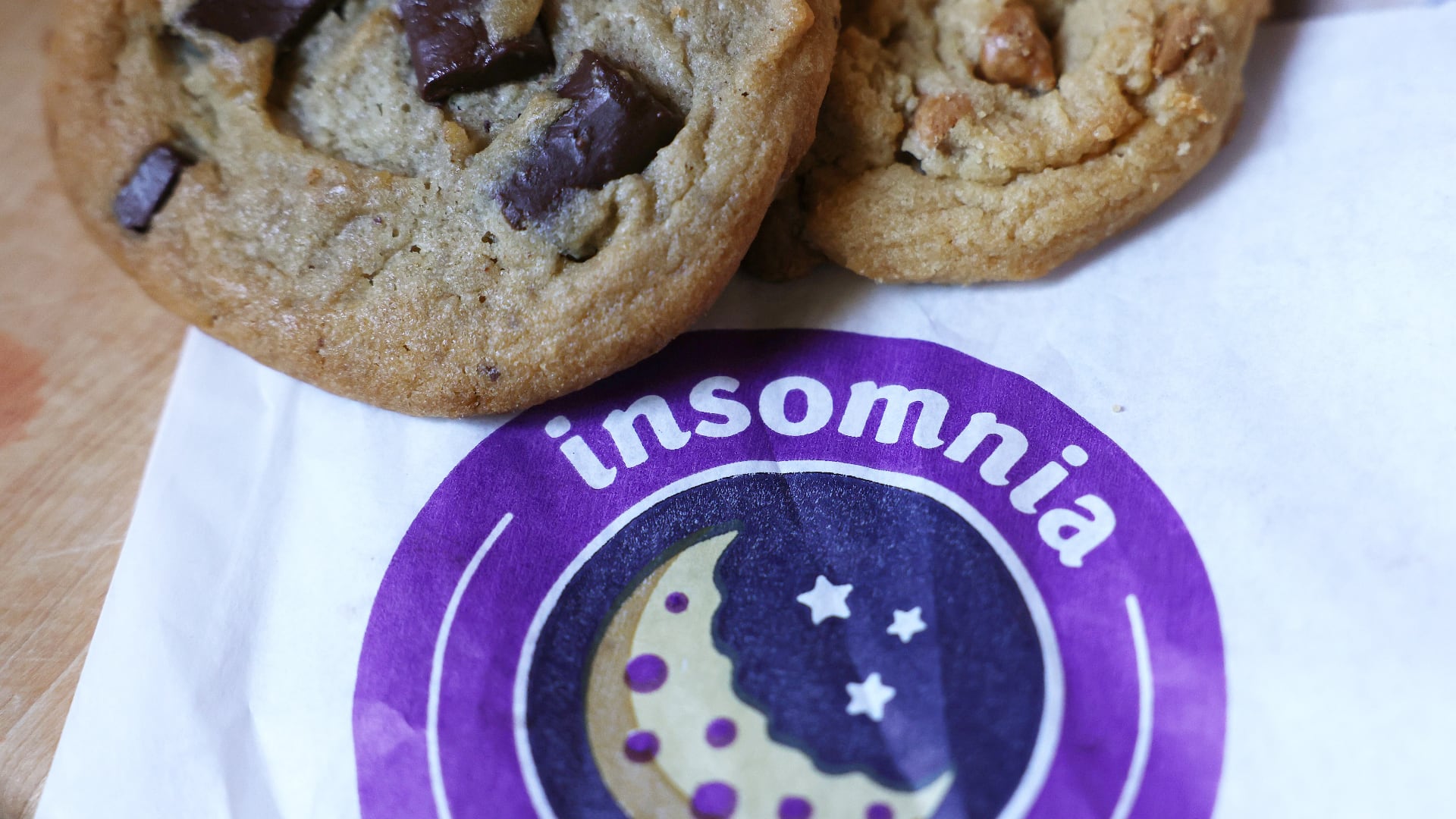By Damian J. Troise and Alex Veiga
Wall Street capped a choppy day of trading Friday with modest gains for stocks, nudging the major indexes to more all-time highs.
The latest milestones punctuated the best month for the broader market in nearly a year, as investors balanced encouraging company earnings growth against concerns over rising inflation and supply chain disruptions.
The S&P 500 rose 0.2% after wavering between small gains and losses for much of the day. That was good enough to give the benchmark index its fourth all-time high this week. The index, which fell 4.8% in September, bounced back with a 6.9% gain for October, its biggest monthly gain since November 2020. The S&P is now up 22.6% for the year.
The Dow Jones Industrial Average and Nasdaq each rose 0.3% Friday. Both also set all-time highs.
Bond yields mostly fell. The yield on the 10-year Treasury slipped to 1.55% from 1.56% late Thursday.
Investors continued to focus on corporate earnings as they look for clues for how companies are managing persistent supply chain delays and rising inflation.
“It’s been a big week of earnings," said J.J. Kinahan, chief strategist with TD Ameritrade. "Pretty much since noon Eastern we just kind of bounced back and forth, so it tells me most people are where they want to be for the end of month.”
The S&P 500 rose 8.96 points to 4,605.38. Decliners outnumbered gainers in the index. Still, gains in technology, health care and communication services stocks outweighed losses elsewhere in the market.
The Dow added 89.08 points to 35,819.56, while the Nasdaq gained 50.27 points to 15,498.39. The Russell 2000 index of small companies slipped 0.79 points, or less than 0.1%, to 2,297.19.
A wide range of companies, most recently Apple and Amazon, have flagged challenges due to rising costs or supply chain problems.
Apple fell 1.8% a day after the iPhone maker reported that its fiscal fourth-quarter revenue fell short of analysts’ forecasts because supply shortages are making it difficult to meet demand. Internet retail behemoth Amazon shed 2.2% after higher costs and supply chain problems crimped its third-quarter financial results and its revenue forecast.
The warnings from Apple and Amazon raise concerns that the economic recovery faces a bumpier road ahead through the holiday shopping season as people pay more for products and wait longer to receive everything from everyday purchases to gifts.
“It’s really impressive that the market’s been able to shake off Amazon and Apple,” Kinahan said.
The latest data from the Commerce Department shows that consumer spending grew just 0.6% in September, a cautionary sign for an economy that remains in the grip of a pandemic and a prolonged bout of high inflation.
Investors wrapped up a busy week of earnings with several large companies reporting mixed results. Starbucks fell 6.3% after reporting solid fiscal fourth-quarter profits, but weak revenue. U.S. Steel jumped 12.9% after the steel maker reported strong third-quarter financial results and raised its dividend.
Newell Brands, maker of Rubbermaid and other consumer products, rose 5.1% after reporting solid third-quarter results.
AbbVie rose 4.6%, one of the biggest gainers among health care companies in the S&P 500, after the drugmaker reported strong third-quarter financial results and raised its profit forecast for the year.
Outside of earnings, Wall Street is looking ahead to next week's meeting of the Federal Reserve as the central bank moves closer to trimming bond purchases that have helped keep interest rates low.
Updated on October 29, 2021, at 5:08 p.m. ET.













